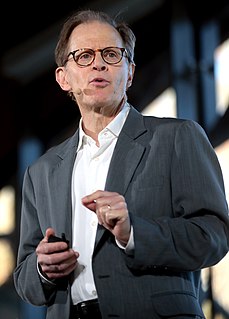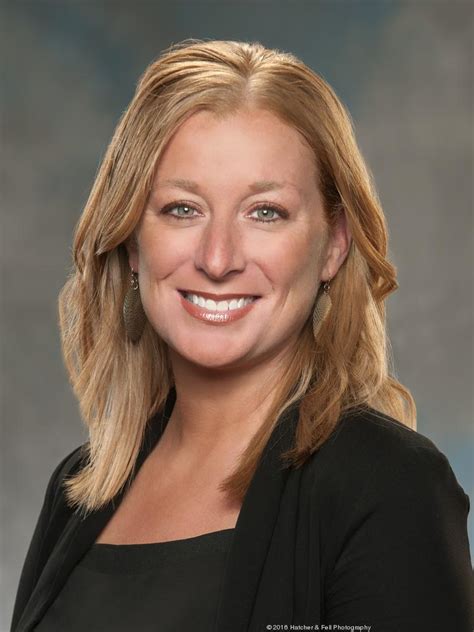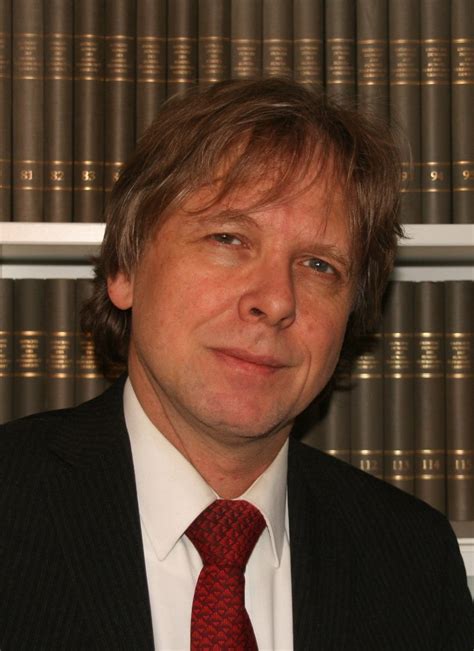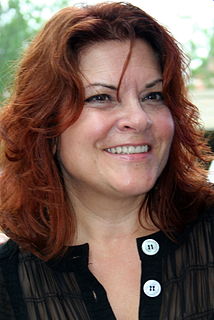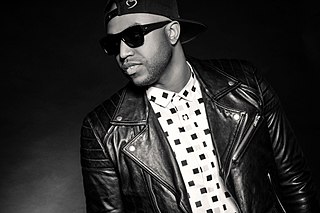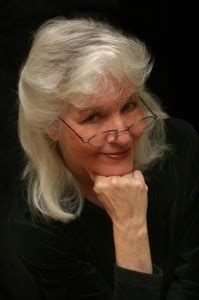A Quote by Antonio Damasio
Why do we have a brain in the first place? Not to write books, articles, or plays; not to do science or play music. Brains develop because they are an expedient way of managing life in a body.
Related Quotes
We now know that the way to help a child develop optimally is to help create connections in her brain—her whole brain—that develop skills that lead to better relationships, better mental health, and more meaningful lives. You could call it brain sculpting, or brain nourishing, or brain building. Whatever phrase you prefer, the point is crucial, and thrilling: as a result of the words we use and the actions we take, children’s brains will actually change, and be built, as they undergo new experiences.
I would not hesitate to say I was addicted to the Internet in the first two years. It can be addictive, and things not taken in moderation have negative effects. But the alarmism around 'Facebook is changing our brains' strikes me as a kind of historical trick. Because we now know from brain science that everything changes our brains.
The people who review my books, generally, are kind of youngish culture writers who aspire to write books, or write opinion pieces about what they think of Neil Young, or why they quit watching ER or whatever. And because of that, I think there's a lot of people who write about my books with the premise of, "Why this guy? Why not me?"
We have allowed brain thinking to develop and dominate our lives.
As a consequence, we are at war within ourselves.
The brain desiring things which the body does not want, and the body desiring things which the brain does not allow; the brain giving directions which the body will not follow, and the body giving impulses which the brain cannot
As a kid, I was a big reader. Books and theater were the way I understood the world, and also the way I organized my sense of morality, of how to live a good life. I would read all night. My mom would come into my room and tell me I had to go to sleep, so I would hide books under my bed. At first I had a tough time getting through novels, so I read plays, because a play is generally shorter and has all those tools for getting people hooked early on.
I write because I have an innate need to. I write because I can't do normal work. I write because I want to read books like the ones I write. I write because I am angry at everyone. I write because I love sitting in a room all day writing. I write because I can partake of real life only by changing it.
I found it was my good fortune to somehow be able to work in these forms that I loved when I was a kid. I love movies and I could write screenplays. I love theater and I could write plays. I mean, they would be my own, I could never write what was used to be called the well-made play. But my first play, "Little Murders," turned out to be a great success and a great influence on plays at that time.
I couldn't listen to music with lyrics for the first few months after the brain surgery, because they were too complex and disturbing. So I listened to a lot of classical music. I didn't really want to read, either, so I listened to books on tape or watched movies. I also re-taught myself all of my childhood piano pieces. It helped me repair my brain.
I always say this to people: 'If Shaq can be in the NBA for 19 years and dominate for 19 years using his body, why can't I be in the music industry for 50 years using my brain when my brain is way stronger than anyone's body?' I have to have a successful record company, more hit records. I want to dominate the game.
The reason why so few good books are written is, that so few people that can write know anything. In general an author has always lived in a room, has read books, has cultivated science, is acquainted with the style and sentiments of the best authors, but he is out of the way of employing his own eyes and ears. He has nothing to hear and nothing to see. His life is a vacuum.
After I discovered the real life of mothers bore little resemblance to the plot outlined in most of the books and articles I'd read, I started relying on the expert advice of other mothers--especially those with sons a few years older than mine. This great body of knowledge is essentially an oral history, because anyone engaged in motherhood on a daily basis has no time to write an advice book about it.

